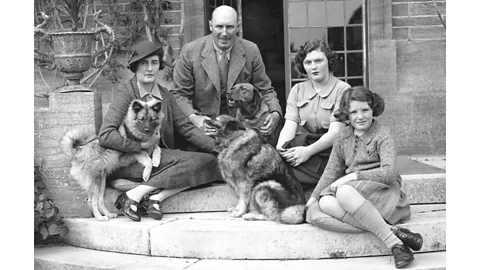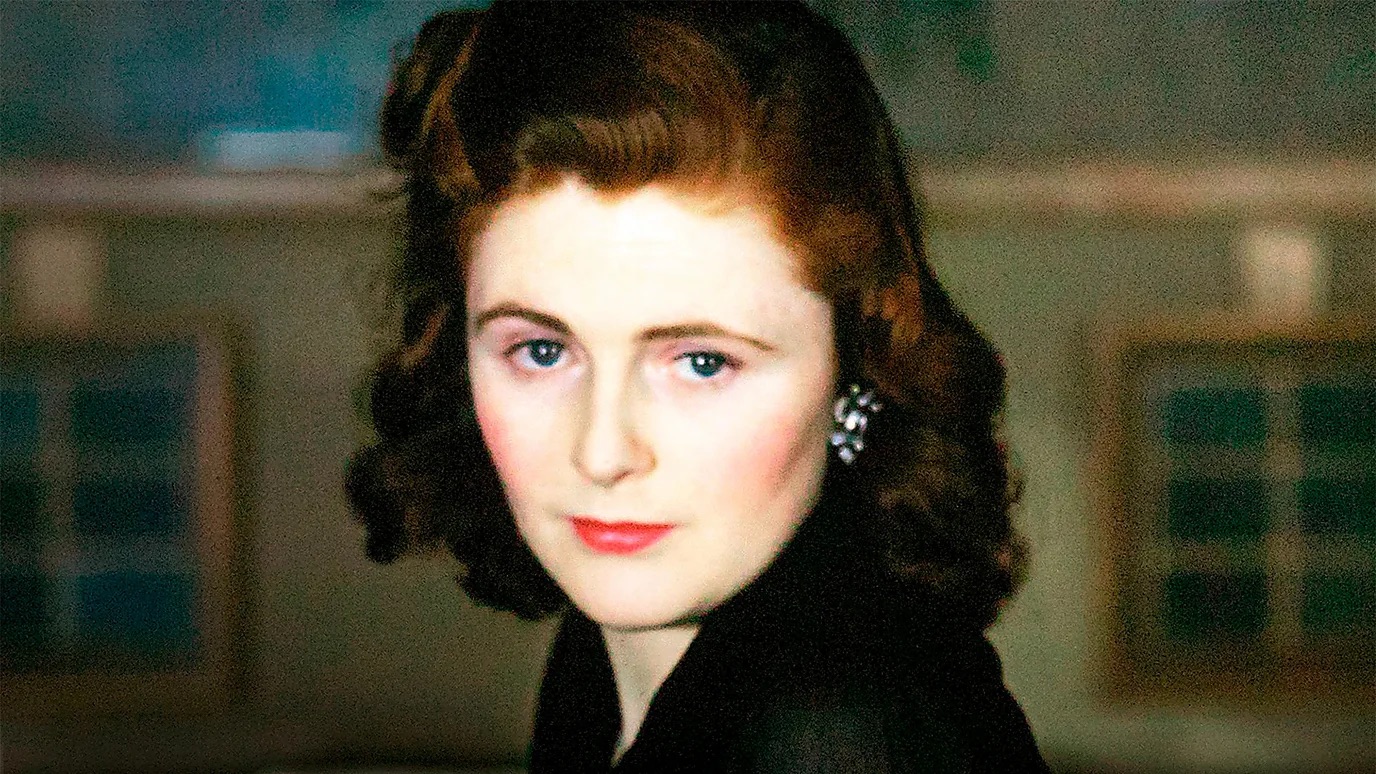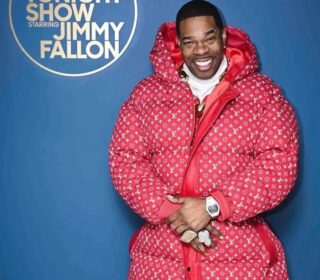
Winston Churchill’s aristocratic daughter-in-law and confidante Pamela Harriman is considered “the greatest courtesan of her era”. Decades after her death, she still divides opinion – was she a smart power player, or “shameless” and “repellent”?
You could call her by her six names: Pamela Beryl Digby Churchill Hayward Harriman – a British aristocrat who ended up a Washington power player and the US ambassador to France, having touched many famous lives in 20th-Century politics and culture. When she was just 20, her father-in-law Winston Churchill engaged her as “his most willing and committed secret weapon” (as a new biography puts it) and during World War Two she wined, dined and seduced important Americans, winning them over to the British cause against the Nazis. And later, her impact extended further, as she interacted with public figures including the Kennedys, Bill Clinton, Nelson Mandela and Truman Capote – who eventually satirised her in his fiction, alongside his other “swans”.

More than 27 years have passed since Pamela Harriman suffered a fatal brain hemorrhage while swimming in the pool at Paris’s Ritz Hotel, yet she remains a divisive character, as evidenced by the varied reactions to Sonia Purnell’s new biography, Kingmaker: Pamela Harriman’s Astonishing Life of Power, Seduction, and Intrigue. To some, the book reads as an appreciation of an influential life lived boldly, cannily and ambitiously in Britain, elsewhere in Europe, and the US. Others find it unduly praising of a woman who used sex to advance herself and whose political impact, they say, is overstated.
Born to a cash-strapped baron in 1920, and bred to “marry well”, Pamela failed to find a husband during her first London “season” in 1938. Nancy Mitford, the most sharp-tongued of the famous Mitford sisters, described the teenage Pam as a “red-headed bouncing little thing”. The following year, Randolph Churchill, only son of the famous Winston, telephoned her to ask for a date. Convinced he’d be killed in the war which had just been declared, Randolph was anxious to have a son. Over dinner with Pamela, he came quickly to the point. Purnell writes: “He didn’t love her… but she looked healthy enough to bear his child.” Pamela, eager to escape a deathly-dull life with her parents in deepest Dorset, took the deal.
Her gamble paid off, although not in conjugal bliss. Randolph, a drunk and a troublemaker, treated her contemptuously before and after she gave birth to baby Winston. But once her father-in-law became prime minister in May 1940, Pamela landed in the room where everything happened. “Nobody ever had a chance to see politics as much from the inside as I did,” she said later.
Britain at that time stood alone against the Nazi war machine, and Churchill urgently needed transatlantic aid, which was not immediately forthcoming. After the fall of Paris, polling revealed that the US electorate was even less keen than before to join the Allied cause.
Pamela was a tremendous asset to Churchill given the importance of information in wartime – Frank Costigliola
Pamela knew the stakes. “If and when America came into the war, then the war would be safe. As long as they weren’t in the war, it was precarious,” she later recalled. Churchill doted on his cheerful, dewy-skinned daughter-in-law. He negotiated that a winsome portrait of Pamela with her infant son (taken by Cecil Beaton, the royals’ favourite photographer) grace the cover of Life, then the US’s largest-circulation magazine. He also had his ally Lord Beaverbrook fund a new wardrobe for her. She flattered the first envoy who Roosevelt sent to Britain, Harry Hopkins, who found her “delicious”. And when wealthy Averell Harriman came to London in March 1941 to administer the aid program, the lifeline Churchill so desperately needed, Pamela made a point of getting to know him.

















